A Cultural Mirror, Not Just a Show
Lessons from Dallas Cowboys Cheerleader Tryouts: The Cultural Paradox of Success, Health, and Self-Worth. At first glance, the Dallas Cowboys Cheerleaders: Making the Team show looks like glitter, smiles, and polished dance routines. But look closer, and it reveals a powerful cultural paradox: we celebrate wellness while demanding impossible standards. There are some profound lessons to be learned from the reality television show I am a little obsessed with: Dallas Cowboys Cheerleader Tryouts and there is an interesting cultural paradox of success, health and self worth at play.
This isn’t just about a uniform or sexy dance moves—it’s about what society values, what we reward, and what messages we pass on about self-worth. Without a critical lens, it’s easy to dismiss the show as being about perfection. But in truth, it’s a mirror reflecting our culture’s mixed signals around health, beauty, and success.
Some women thrive under this scrutiny, finding confidence, discipline, and growth. Others are pushed toward unhealthy behaviors, disordered eating, or burnout. This duality is the deeper story behind the sequins.
Lessons from Dallas Cowboys Cheerleader Tryouts:The Paradox of Goals and Worth
The paradox is undeniable: the same stage that elevates women with rare genetics, discipline, and skill also pressures countless others to chase an unattainable body type. For some, the goal inspires. For others, it harms.
This tension sits at the heart of the Dallas Cowboys Cheerleaders story—and it’s a teaching moment for all of us.
Parents, educators, and mentors can step in here. Praising effort alone isn’t enough. We need to help kids:
- Define success by resilience, growth, and character.
- Pursue goals that align with their unique strengths and passions.
- Recognize that not every dream is healthy or achievable in the same way for every body—and that’s okay.
Real growth comes when kids chase dreams that are truly theirs, aligned with their strengths and interests, not just what culture tells them they should want.
Lessons from Dallas Cowboys Cheerleader Tryouts: Defining Success Beyond the Spotlight
On the DCC stage, success often looks like fitting into a uniform designed for one or two body types. Coaches may also value intelligence and character, but at the end of the day, the visual image carries weight—literally and figuratively.
In the real world, success should be measured differently. True achievement comes from:
- Living in alignment with values.
- Building integrity and resilience.
- Pursuing growth, not external validation.
For parents and teens, this distinction is critical. When goals are rooted in values instead of appearance or medals, the pursuit becomes healthier and more sustainable.
Body Image, Health, and the Fine Line
The show’s emphasis on weight reflects a broader societal tension: “be healthy” is often coded language for “look thin.”
But true wellness means:
- Nourishing the body with balanced nutrition.
- Moving in ways that bring joy.
- Building strength without shame.
I’ve seen both sides firsthand. My oldest daughter enjoyed dance and cheer without much criticism, but I also watched a girl faint in class after being told to skip meals. At one studio, a teacher even suggested cutting out rice. I saw worse in competitive soccer, where the demand for performance overshadowed basic health.
The lesson? Body image struggles and disordered eating aren’t just “girls’ problems.” Boys, too, are increasingly pressured by social media and unrealistic expectations.
Lessons from Dallas Cowboy Cheerleaders: Mental and Emotional Health Under Pressure
Dallas Cowboys Cheerleader tryouts also highlight the thin line between a healthy challenge and destructive stress.
Mindset and support systems make the difference. With perspective and self-compassion, setbacks become stepping stones. Without them, they can spiral into shame, anxiety, or burnout.
Resilience, not perfection, is the real sign of growth. Teaching kids to prioritize their mental and physical health above everything else is an essential take away.
Lessons from Dallas Cowboy Cheerleaders for Parents, Educators, and Mentors
So how do we use this cultural mirror as a teaching tool? A few key takeaways:
1. Define success beyond appearance
Celebrate effort, joy, and growth—not just performance or perfection.
2. Acknowledge genetic differences
Not every body type is designed to look or perform the same way, and that’s okay.
3. Talk openly about body image
Bring cultural pressures into the light. Name them. Challenge them. Model compassion.
4. Use direct and clear communication
If you have concerns state what they are. Be sure to praise for actions and deeds and not just accomplishments.
5. Reassure kids of unconditional love
They don’t need to “make the team” or win medals to be enough.
Takeaway: Entertainment With a Deeper Message
Dallas Cowboys Cheerleaders: Making the Team is more than reality TV. It’s entertainment, yes—but also a cultural mirror. It reflects our contradictions, values, and the paradox of inspiration vs. impossible standards.
Watching with a critical eye can turn this show into something more: a springboard for conversations about self-worth, resilience, health, and success that transcends appearance.
I didn’t sit down planning to analyze it. I meant to watch for fun. But it’s impossible to ignore the deeper message: how we define success matters—not just for the cheerleaders on screen, but for every teen, parent, and leader shaping the next generation. Dallas Cowboys Cheerleaders tryouts
For more information on parent and health coaching or my move FORWARD coaching program check out my website
If you or someone you know has concerns about a loved one possibly having an eating disorder, you can begin with my free guide. Download it here: “5 Steps to talking to your teen about food….without making it worse.”
Parenting doesn’t come with a handbook—but coaching might be the closest thing.
👉Learn more about Move FORWARD Coaching or schedule a free consultation here
